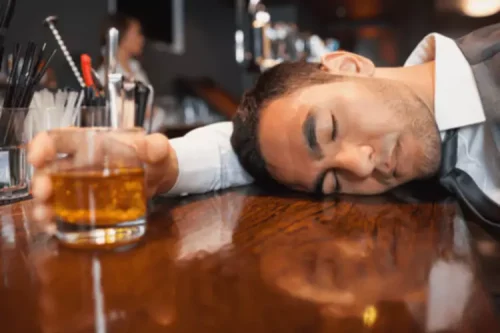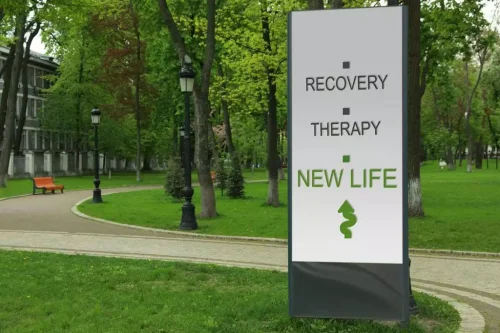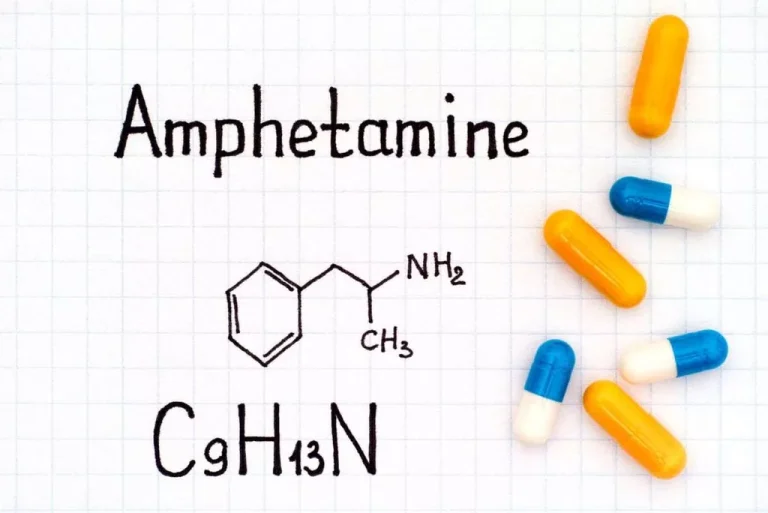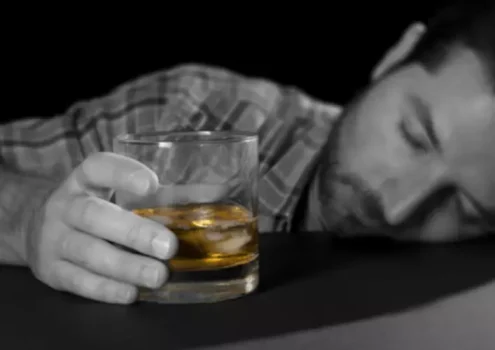
Alcohol contains 7 calories per gram, and it can convert to fat when not used by the body. Many cocktails also pack a lot of sugar, such as frozen drinks (daiquiris, margaritas), tonic-based drinks, mojitos, whiskey sours and espresso martinis. Although there are many benzos available, diazepam (Valium), lorazepam (Ativan), and chlordiazepoxide (Librium) are the most frequently used. They’re sedatives that work by stimulating https://ecosoberhouse.com/what-are-sober-living-houses/ gamma-aminobutyric acid (GABA), a chemical in the brain that is involved in setting off alcohol withdrawal symptoms. Typically, the body can break down one drink per hour, so if you consume three drinks, it’ll likely take three hours for your body to stop producing related odors from drinking, says Dr. Blyden-Taylor. However, this is only an approximation, and the odor can linger long after you’ve drank.
Hot Flashes From Alcohol Withdrawal
People with certain genetic features have a higher chance of flushing. Iarocci is a Pennsylvania-based medical writer with clinical and research experience in hematology and oncology. Lymph nodes may be enlarged in the neck, armpits, or groin, causing a painless lump. However, these lymph nodes often grow slowly, and you can have Hodgkin lymphoma for months or even years before the nodes are detected.
If You’re Concerned About Alcohol Use

However, while whiskey may be able to provide some temporary relief from specific cold symptoms, it’s generally not wise to consume alcohol while sick. This is because alcohol actually suppresses our immune system and can make it harder for our body to heal. Alcohol also dehydrates us — and when we’re sick, it’s vital to stay hydrated to help our body recover. Furthermore, while alcohol may help us fall asleep faster, it actually reduces our overall quality of sleep and disrupts our REM cycle, which is vital for physical restoration. You need to be able to identify the signs of alcohol addiction so that you can ask for help and start recovery.
- “Alcohol inhibits the release of vasopressin, or ADH, the antidiuretic hormone,” says San Diego-based Taylor Graber, MD, a resident anesthesiologist at the University of California San Diego.
- You may also find that you sweat more after you drink alcohol, because of increased blood flow in the vessels under your skin.
- Sports drinks and bouillon are good choices to help your body replace the water, salt and potassium you lost when you were drunk.
- Although some symptoms of AWS are merely uncomfortable, other symptoms can be highly dangerous.
- To combat these deficiencies, supplementation with vitamin B12, folate, vitamin E, and thiamine may be recommended.
Hot Flashes and Sweating During a Hangover
While there is no way to treat this condition, your healthcare provider can talk with you about ways to reduce the negative effects of alcohol intolerance. But the hallmark symptom of alcohol intolerance is flushing of the skin of the chest, neck and face. For some people, sudden alcohol intolerance and menopause can contribute to alcohol-related hot flashes. Alcohol use already causes dehydration, which can lead to other hangover symptoms. Therefore, having a hangover symptom of sweating can further dehydrate your body, leading to additional hangover symptoms from dehydration.

First symptoms of liver damage from alcohol

Acetaldehyde is the root cause of an alcohol flush, and it’s also responsible for other negative side effects of alcohol consumption, like nausea, headache, and rapid heartbeat. When you drink alcohol, it’s absorbed into your bloodstream through your stomach and small intestine. From there, it travels to your liver, where it why do i feel hot after drinking is metabolized into acetaldehyde and then into acetate. Behavioral treatment programs are helpful for people who want to quit drinking. These programs involve working with a team of mental health professionals in a group and individual setting. Millions of people join support groups to help stop drinking and stay stopped.
- The conversion of alcohol into metabolites generates heat, which contributes to an overall sensation of warmth.
- Hot flashes after drinking can be normal for some individuals, but excessive or persistent flushing might indicate an underlying issue.
- The primary cause of hot flashes is the body’s inability to metabolise alcohol effectively.
- You need to be able to identify the signs of alcohol addiction so that you can ask for help and start recovery.
- You feel hot from drinking alcohol because you are losing heat through your skin.
- However, medical complications can occur during the acute phase of withdrawal.
- This is a really exothermic process which means it produces a lot of heat.
- However, experts agree that if you want to avoid alcohol-induced body odor, the best method is to steer clear of the booze and have fun without drinking.
- A person should speak with a doctor if these symptoms do not improve.
- This is unlikely to cause you any health concerns when you are in a warmer environment.
Treatment Process

- So, your system prioritizes getting rid of alcohol before it can turn its attention to its other work.
- If you’re also dehydrated, you may even want to avoid sweat-intensive workouts after drinking.
- “In general, alcohol shortens the time it takes people to fall asleep but disrupts sleep architecture and promotes early wakening,” Koob says.
- Typically, alcohol depresses our central nervous system, making our brain highly sensitive to glutamate — a neurotransmitter that excites our brain.
- Another study noted that after a single drink, the body tries to counteract the brief sensation of warmth caused by increased blood flow to the skin by sweating, which further decreases body temperature.
